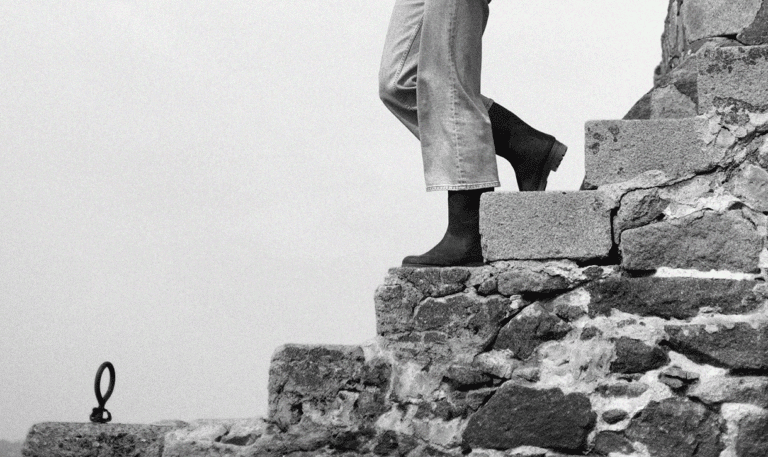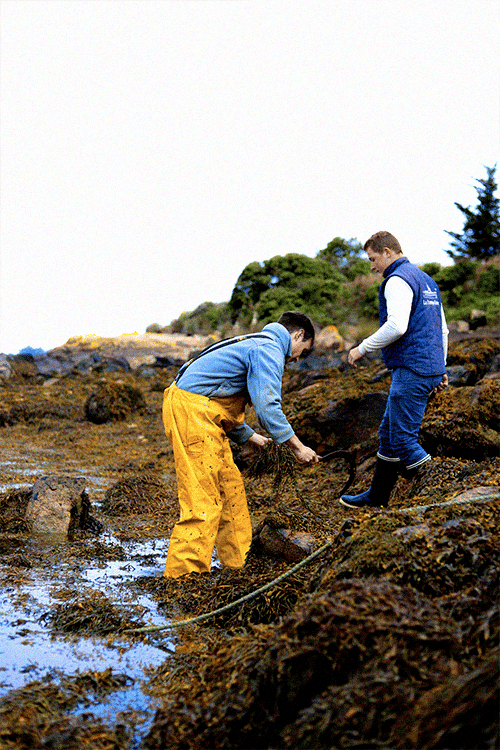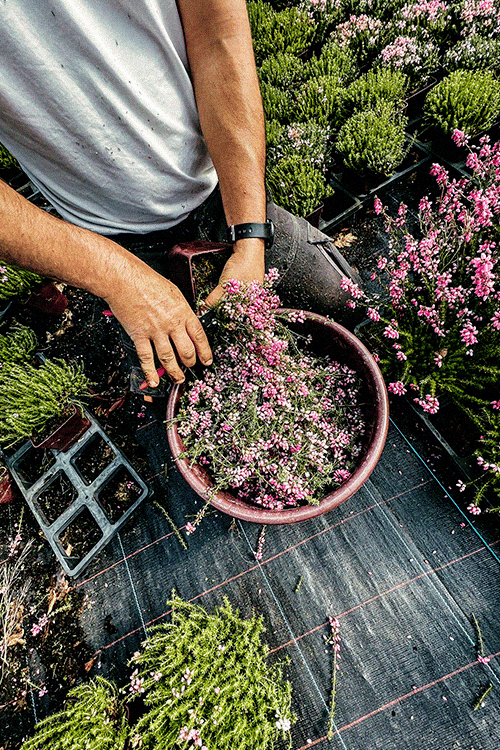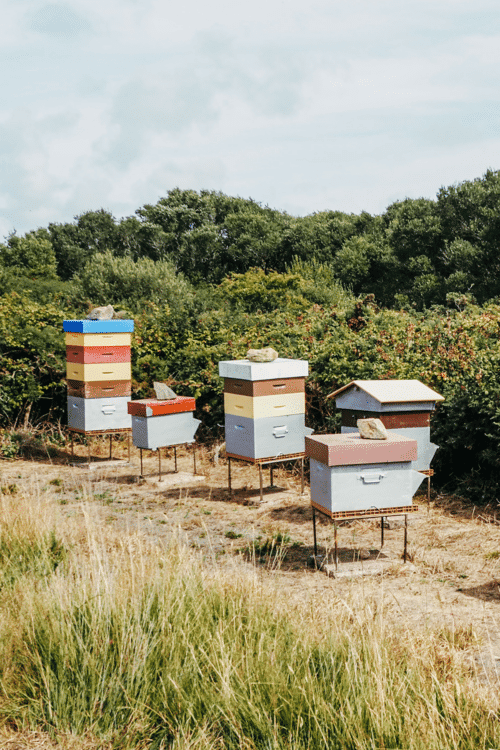Sourcing


Seaweeds
ODYCEA favors the use of organic algae. Harvesters are selected on the criteria of natural resource management. It imposes harvesting techniques that respect the regeneration of stands. Algae are harvested according to the life cycle of each species in order to preserve the reproductive process.The harvesting zones are all located on Natura 2000 zone. Natura 2000 is a network of nature protection areas in the territory of the European Union.

Plants and flowers
ODYCEA works with horticulturalists throughout France. Organic plants are sown there, cuttings, planted, weeded, cared for, harvested and dried. Our goal is to promote the cultivation of local flowers while having an approach respectful of the seasons and the concern to preserve the life of the soil. No pesticides are used. The soil is worked there to a minimum. Birds and bees have free rein. Everything is done to preserve the ecosystem.

Black bee honeys
Knowing that 80% of cultivation depend directly on pollinating insects, of which the honeybee is one, awareness is needed to save bees and support the field of beekeeping. Chemical attacks due to pesticides, varoa, bacterial and viral pathologies, insufficient food resources and inadequate adaptation of queens imported from other countries for economic reasons, are causing the sector to be devastated. To produce more and more, new varieties of bees such as the Italian and Caucasian bee, have been used to the detriment of existing populations, as in the case of the black bee. More productive, laying eggs earlier and swarming less, they certainly have many qualities but are not adapted to Brittany environment where they are established. Some are much less resistant to cold, wind and virus than the native black specie and therefore spend a lot of calories to warm the hive in winter, unlike local bees ideally adapted for generations. By choosing the black bee from Brittany, ODYCEA wish to bring value to a sustainable agricultural model contributing to preserve the endemic black bees specie and the biodiversity richness. This exceptional honey is made from the heart of the region, with a high identity, culture and full of history.
Upcycled ingredients
As responsible company, ODYCEA favors up-cycling sourcing of its raw materials when possible.
As an example, Odycea partners with a family owned nursery specialized in heather culture for the sourcing of Calluna vulgaris used in PINK NECTAR™ production. On 15 ha located in Brittany close to the ocean, plants and crops are treated with passion, which has been passed down from generation to generation. Twenty-two nurserymen know how to multiply and to take cuttings. This is a historical know-how. The plant nursery make heather grow to achieve the desired plant size to be sold for individuals in specialized garden shop. Odycea uses the cut flowers as by-product for the production of PINK NECTAR™.
The nursery works on its environmental impact on a daily basis. Heather are cultivated according to “Blue plant” certification. “Plante Bleue” in French, is the French certification which guarantees that plant have been produced in an eco-responsible manner by certified horticultural or nursery production companies. Plants are also labelled MPS (“Milieu Programma Sierteelt”). It is a label for measuring the environmental impact of horticultural productions. As part of a sustainable development approach, it considers: the consumption of fertilizers, energy, water, crop protection products (insecticide, fungicide, herbicide, etc.), the waste management method, the consumption of CO2 (from the production).